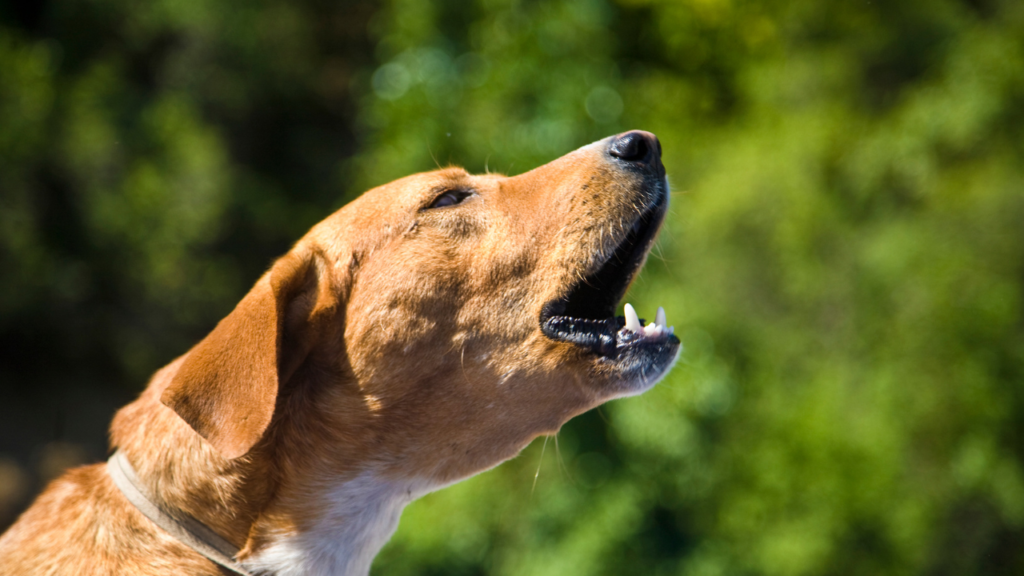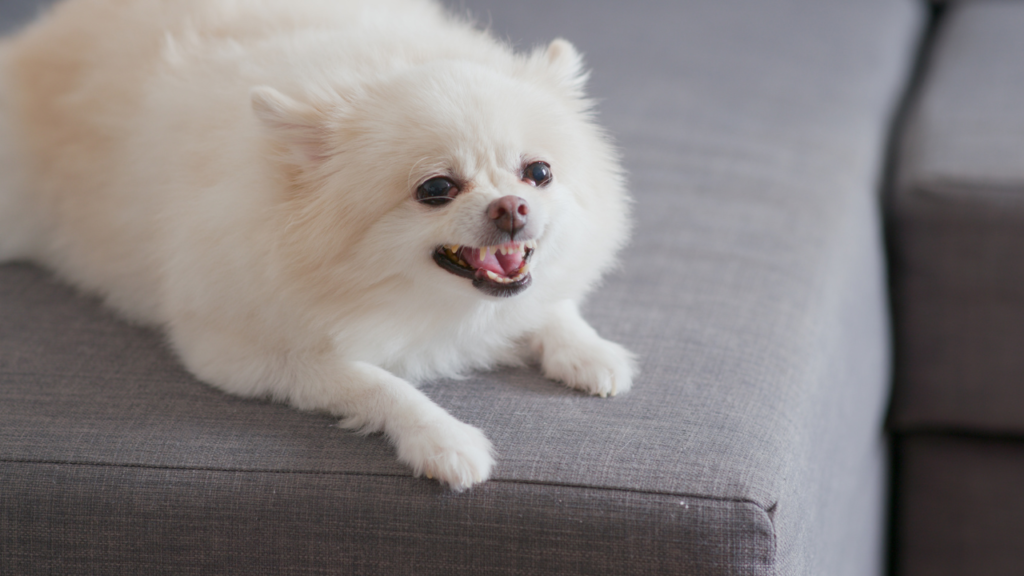
You might like seeing wolves howl at the moon on television, but you are unlikely to enjoy it when they come to life in your own home. Sometimes, in the middle of the night, your dog will awaken and channel their inner Canis lupus. You both require sleep, so you might want to try to alleviate this with some retraining.
Of course, the first step in resolving your noise problem is to identify the underlying reason, which requires paying a little more attention to exactly what your dog is doing and when. So, if you’re wondering, “Why is my dog howling at night?” we recommend considering a few variables.
Why do dogs howl?
This ancient instinct is most likely used to help form big wolf groups over great distances. When wolves have staked out their territory, they may also use howling to deter rivals. Our canines inherited the inclination for the same reason, but vocalisations have evolved over millennia. When left alone, pets may howl, possibly due of a similar intuition. However, your furry pals will have a much wider range of vocalisations than their wild counterparts.
Which breeds are known to howl?

Some dog breeds don’t howl much, if at all, whilst others could easily be mistaken for wild animals. Huskies, in particular, sound similar to their wild cousins and frequently howl, although they are not the only ones. In reality, this behaviour is common to many breeds of all sorts. Everything from a little Chihuahua yowl to a beagle’s bay is classified as a howl, although many of these sounds have diverse meanings.
What does a dog’s howling at night indicate?
There is no easy solution to this because it might imply anything, including enthusiasm, worry, discomfort, or boredom (which appears to cover it). To help you narrow down the hidden message in your dog’s song, we’ll go over some frequent clues to look for and lead you to an answer.
Medical concerns.
If you’ve had your friend for a long time and they suddenly start screaming one night, you may be dealing with a health problem. Take a closer look to see if anything stands out, such as a limp or other obvious damage. But don’t rule anything out even if you don’t see anything. Your dog may feel ill despite the absence of visible symptoms. When it appears to be the reason, make an appointment with the veterinarian right away.
Hunger
A abrupt dietary shift may cause increased vocalisation at night. Don’t worry too much; they’re simply hungry. However, consult with your veterinarian to confirm that you are providing adequate nutrition and that your dog is getting enough calories. Even if your pet has to reduce weight, their hunger should not keep them awake at night.
Separation anxiety
Since wolves howl to gather their families, it’s understandable that dogs would begin to grieve when you leave the house. No dog should be left alone for extended periods of time on a regular basis, and you should make time to spend with them when you are present. If Fido isn’t getting enough attention, consider hiring a dog walker or creche while you work.
Too much energy.
Some dogs remain up late at night simply because they were not tired throughout the day. Many large breeds require an hour or more of exercise every day, which includes several walks. Ensure that they receive regular physical and mental stimulation, as well as attention from their loved ones.
A reaction.
We left the simplest for last. If you hear a dog (or even a coyote) howl into the night and your beastie replies, you’ll understand why. Keep in mind, however, that your animal’s hearing is far superior to yours, and it may detect sounds that your ears do not.
You may not hear your domesticated dog howling at the moon, but that doesn’t mean they won’t make noise at night. While the exact cause varies, it typically implies distress, and you will need to investigate their health, routine, and behaviours to see what is going on. If it appears to be a health issue, contact your dog’s veterinarian straight soon; otherwise, you may need to give them longer walks or eat later. No matter what’s causing the howling, it can’t hurt to show your favourite four-legged a little extra love so they know their entire family is safe and sound — and don’t feel the need to call for them.
